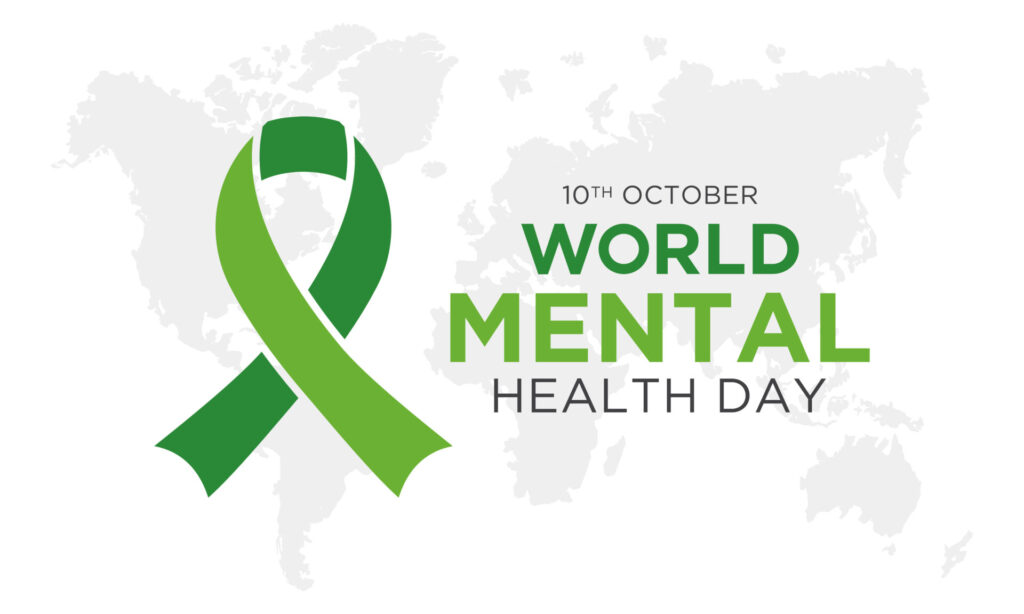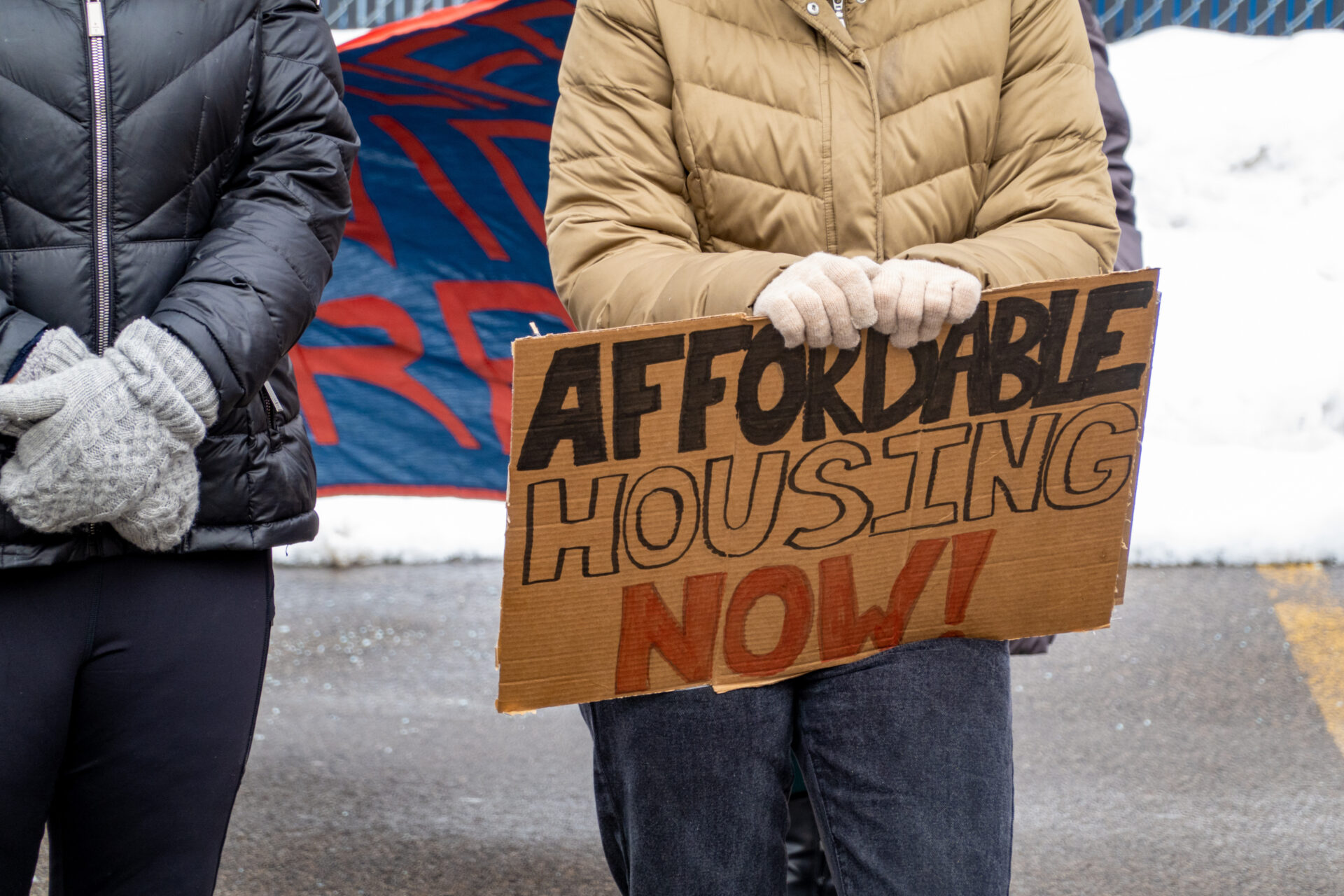Pressure to drink at work events has led to more sick days and lower productivity, according to a report from the Institute for Public Policy Research (IPPR).
The research found alcohol is often part of work culture, from after-work drinks to company bar tabs.
24% of workers said they sometimes felt pressured to drink, rising to 38% among 18 to 24-year-olds.
Over a third said drinking at work events left out non-drinkers or created cliques.
31% of workers called in sick in the past year after drinking at a work event.
43% of 18 to 24-year-olds said they had called in sick after workplace drinking.
22% of all workers had worked while hungover, and 29% had seen colleagues tired or sluggish after drinking.
Heavy drinkers between 21 and 64 were 3.1 times more likely to be at work but less productive than moderate drinkers.
Most workplaces had not offered any guidance or alcohol-free options.
Over half of employees said their employer had not provided training or inclusive alternatives.
73% of workers said employers should help reduce alcohol harm.
The report called for Government action, such as minimum unit pricing in England and changes to alcohol duty.
It also called for employers to create inclusive cultures and offer alcohol-free choices at events.
Dr Jamie O’Halloran, senior research fellow at IPPR, said: “We often think of alcohol harm as a public health issue, but this research shows it’s a national economic problem.
“When nearly half of young professionals are calling in sick after workplace drinking, it’s not just a hangover, it’s a productivity crisis. If the government is serious about growth, it needs to take alcohol harm seriously too.”
Sebastian Rees, head of health at IPPR, said: “Employers have a huge opportunity here. By shifting away from alcohol-centric cultures and offering real support, they can boost wellbeing, improve performance, and build more inclusive workplaces.
“This isn’t about banning drinks — it’s about giving people the choice to thrive without pressure. The evidence is clear: doing nothing is costing us all.”
















